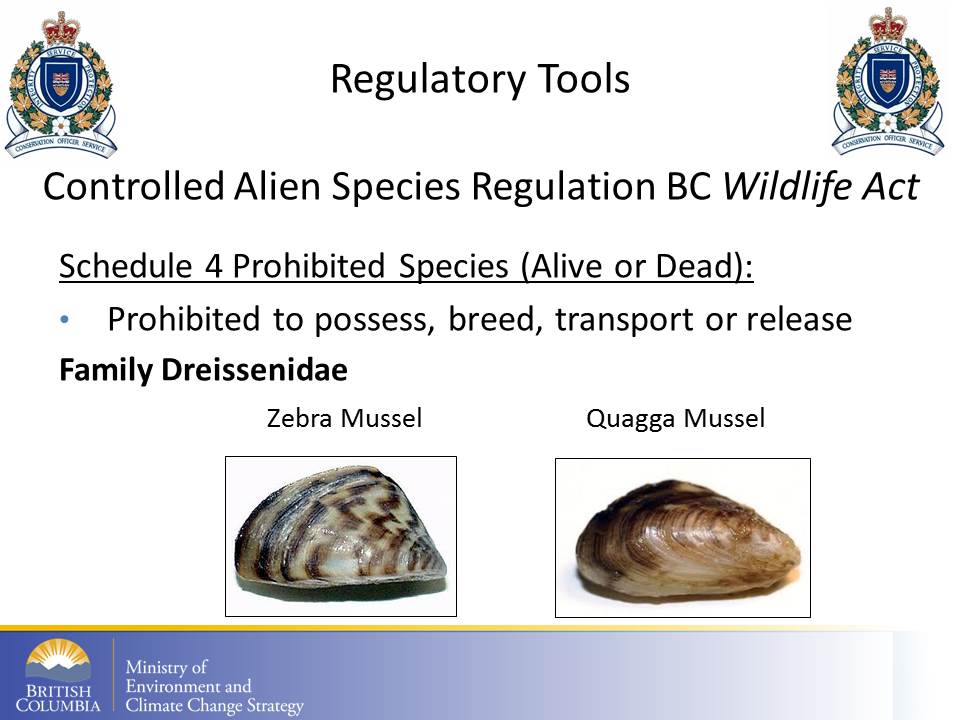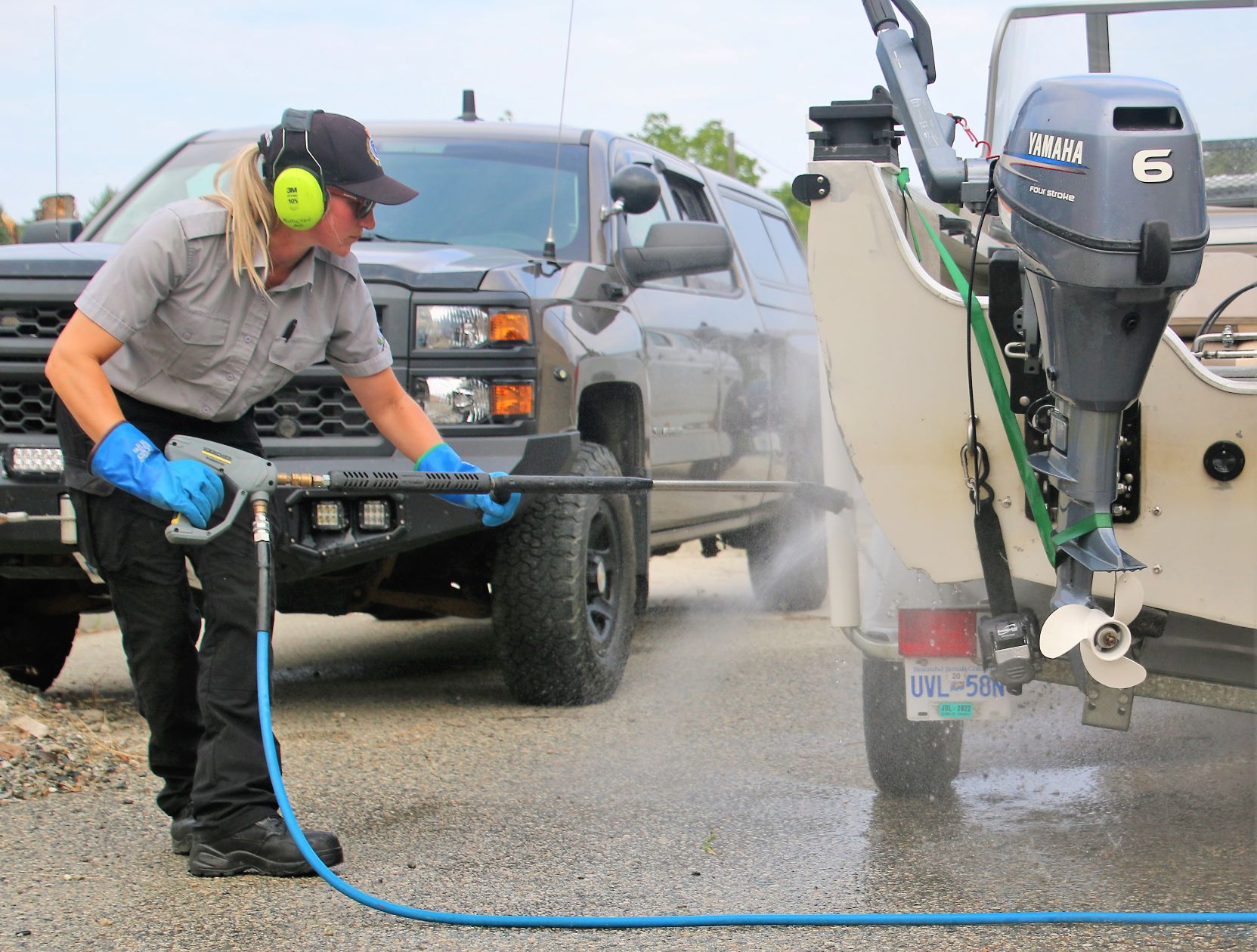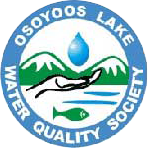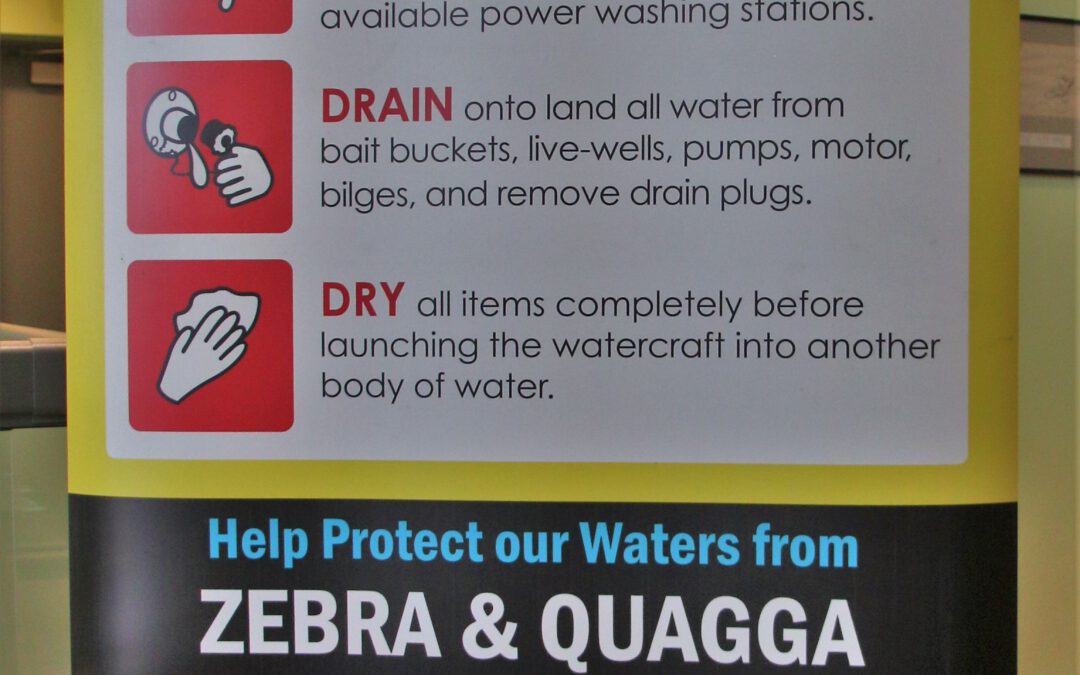Federal invasive mussel response ‘falls far short’, says Okanagan Water Board

The Okanagan Basin Water Board (OBWB) is not impressed with a recent federal funding announcement to prevent invasive species from entering Western Canadian waterways.
On Wednesday, Fisheries and Oceans (DFO) Canada announced an increase in funding through the Aquatic Invasive Species Prevention Fund (AISPF).
The fund was set up in May 2023 and included $8.75 million over five years for eligible organizations and projects that focus on preventing the introduction and establishment of aquatic invasive species.
Earlier this week, the fund got $540,000 from 2023 to 2025 for the Habitat Conservation Trust Foundation (HCTF), through the AISPF.
However, the OBWB is arguing that it doesn’t go far enough.

Photo Credit Neil Bousquet
“Although this may sound like a win, and it is a welcome announcement, it does not address recent calls to action made to the federal government, from the Water Board, Thompson-Okanagan chambers, BC Wildlife Federation, Westbank First Nation, local governments, and others,” said OBWB Executive Director Anna Warwick Sears.
“Most importantly, it does not directly support the prevention of invasive mussels in the west.”
According to the OBWB, this is a “re-announcement” of funding from last year and is a nation-wide fund, which requires BC to compete for grants with other projects in Canada.
The Okanagan Water Board points to the fact that HCTF had to apply for grant funding but successfully secured the $540K grant, which is expected to go towards water sampling through BC to detect if invasive zebra and quagga mussels are present.
However, the Board says it is important and necessary work, but is not a prevention tool.
The board has been calling for more funding towards prevention.
“After reviewing the news release, it has been determined that our calls to action still stand since the announcement does not address federal funding gaps and solutions that would prevent invasive mussels,” added James Littley, OBWB’s invasive mussel policy lead.
“For example, it does not include funding to expand or support B.C.’s inspection stations – a critical program that has been proven to stop infested watercraft from entering BC, but that needs to be expanded.”
In addition to the $540K investment, the DFO is investing $90,000 to acquire two new decontamination trailers in BC to supper the Invasive Mussel Defence Program.
According to DFO, the trailer will help educate the public on the importance of cleaning, draining and drying their watercraft before moving between bodies of water. They will also conduct watercraft decontamination when provincial staff are unavailable.
The Water Board says this is a welcome addition, however, it still does not help detect or prevent invasive mussels from entering BC waterways.
Sears says they want to see the federal government become a direct funding partner of BC’s defence program and provide resources directly to the province.
“Otherwise, federal officials (Canada Border Service Agents or DFO Enforcement Officers) need orders and resources to take over the prevention program on the federal border, leaving BC’s Conservation Officers to re-deploy along the Alberta-BC border,” Sears says.
“As such, all our calls to action remain.”
Earlier this year, the Water Board said samplings from five lakes in the Okanagan Valley showed no signs of invasive mussels.


